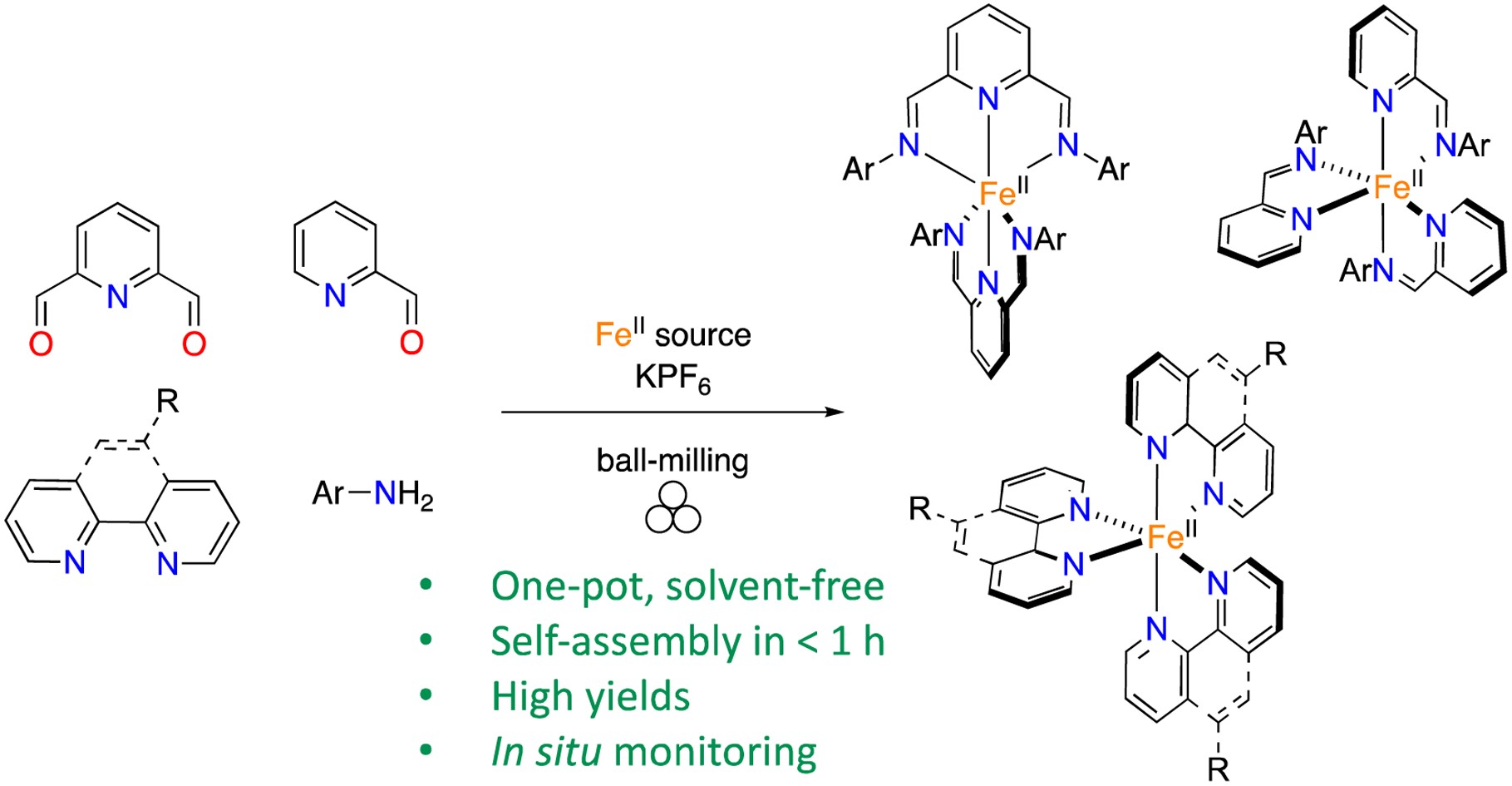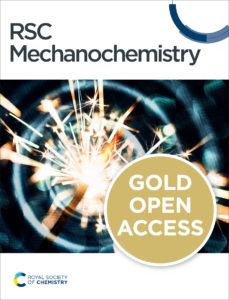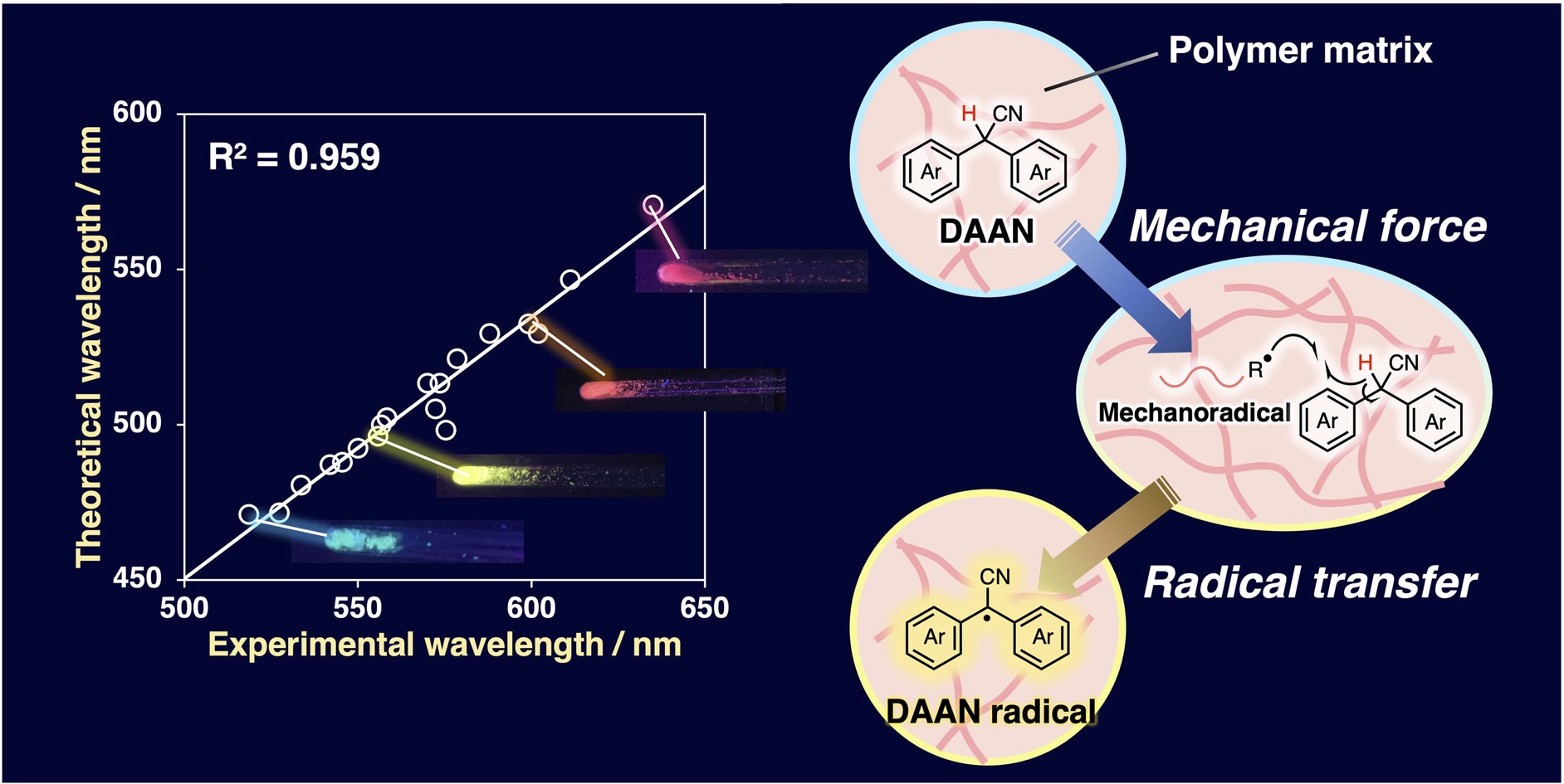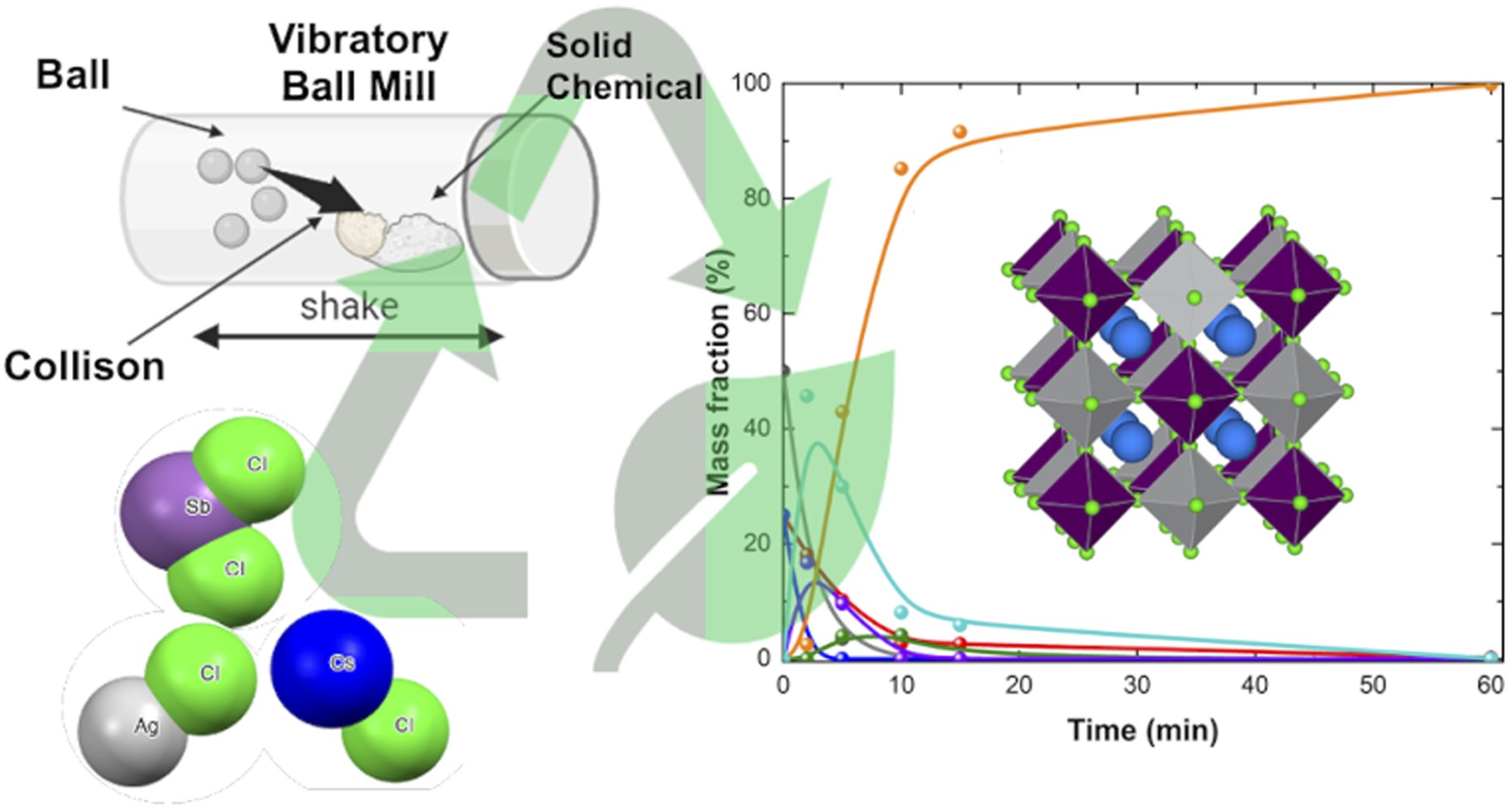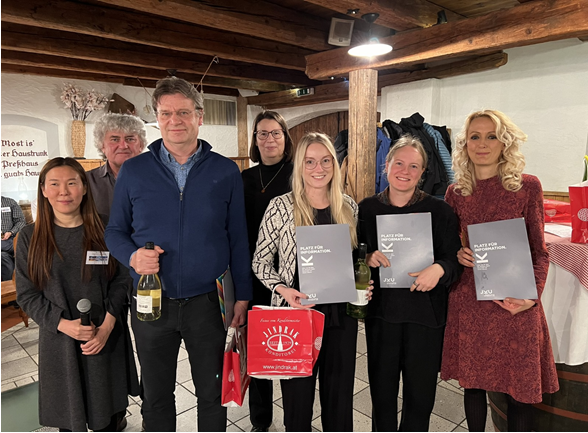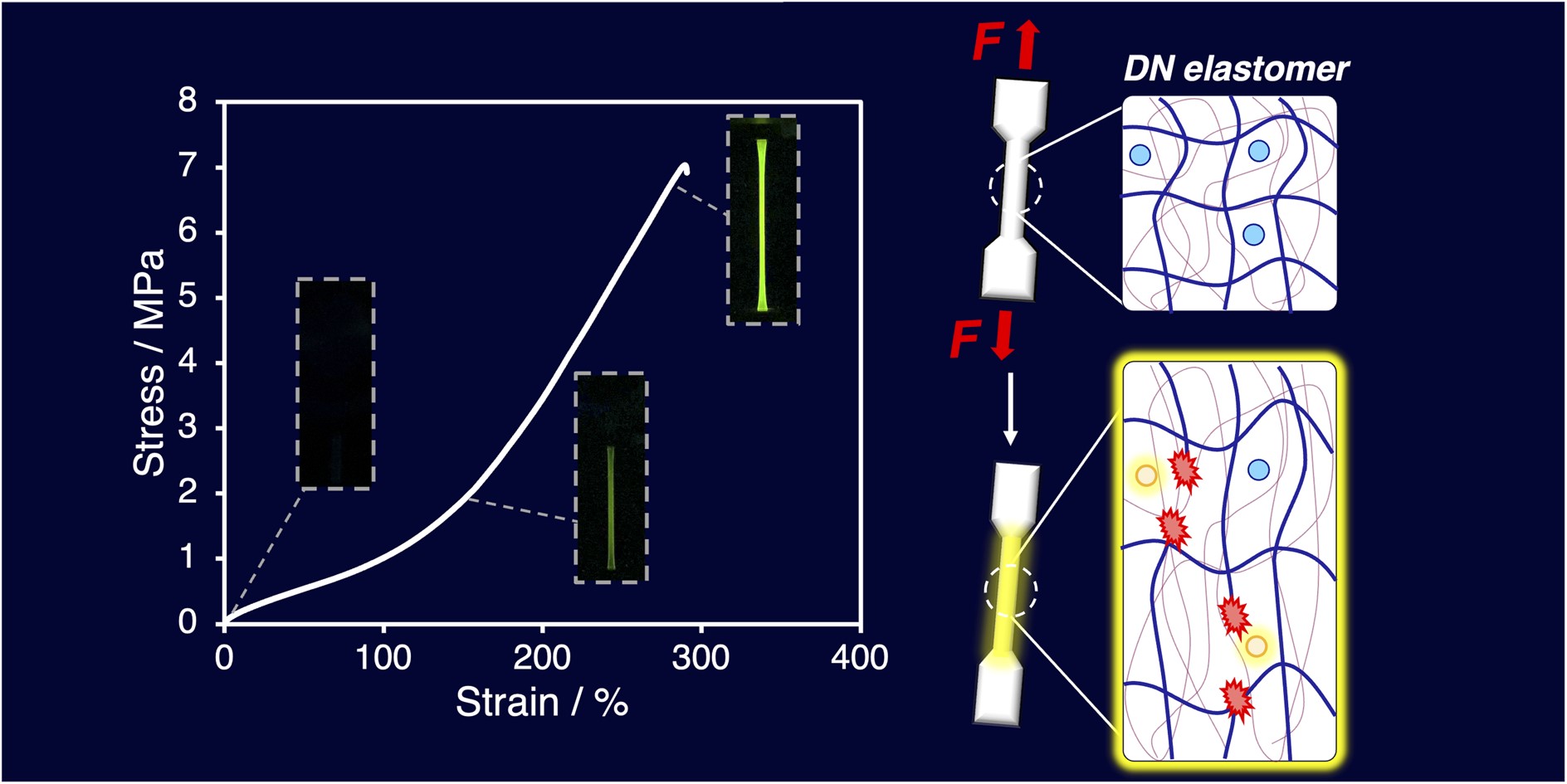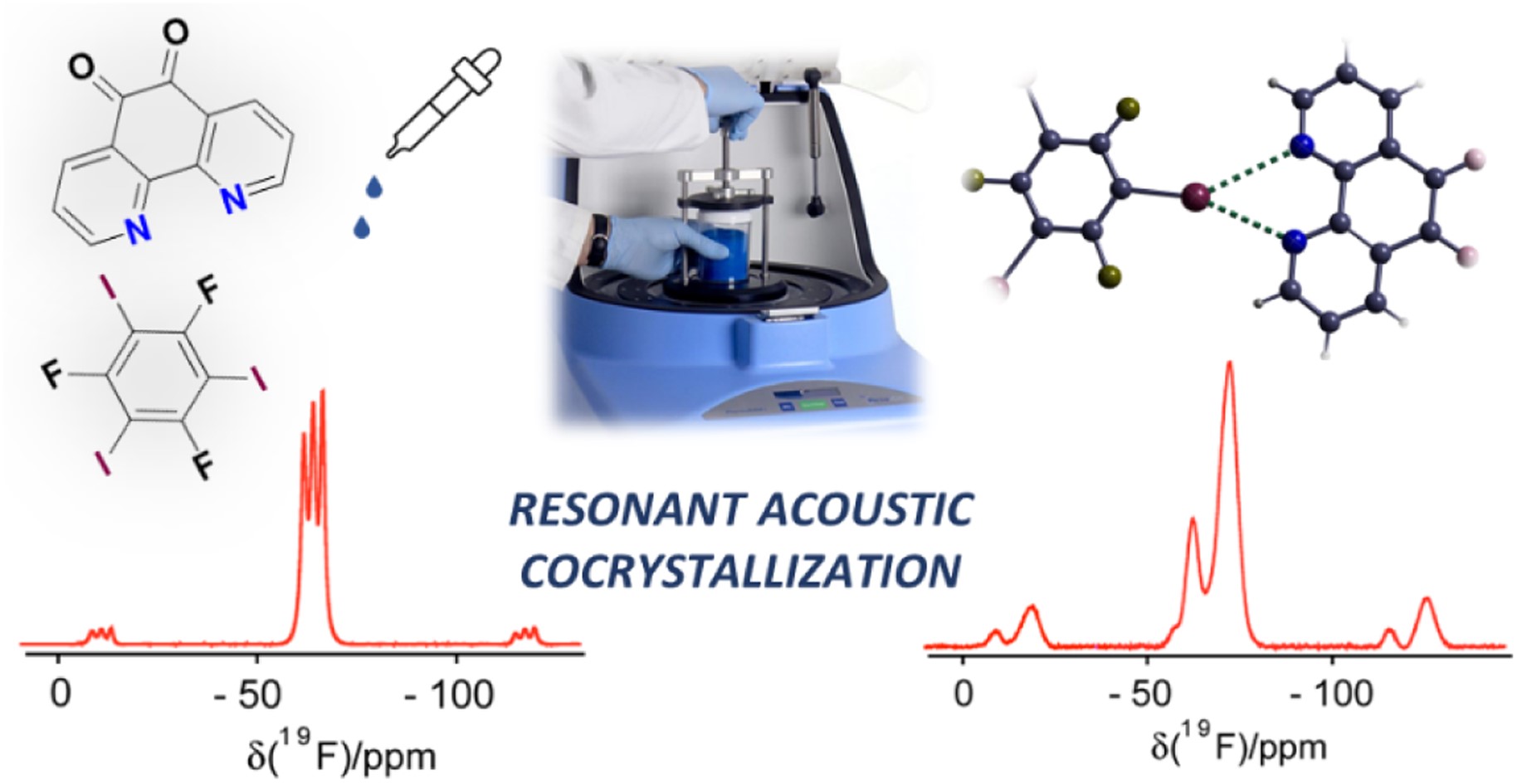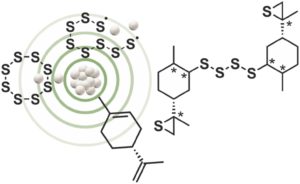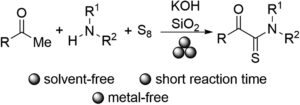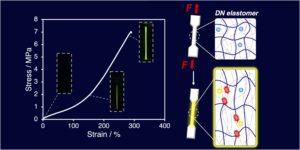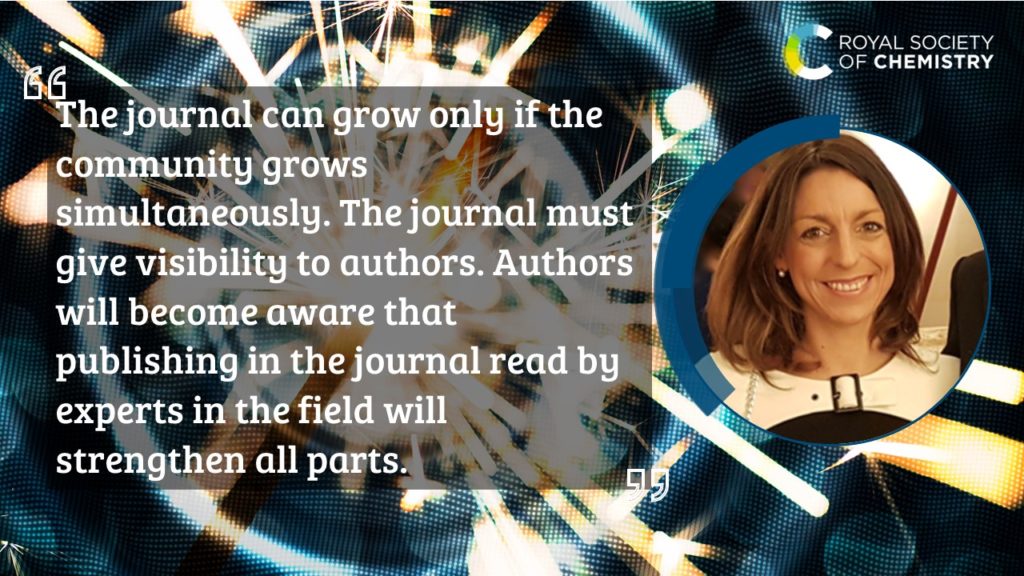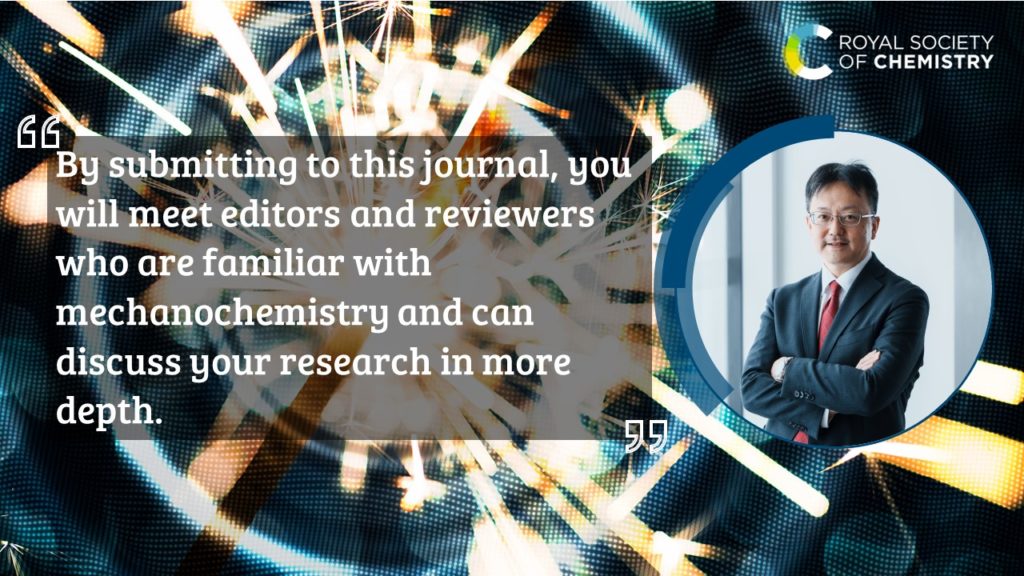Hear from these Advisory Board members
“A framework for coordinating mechanochemical research and developments has emerged in RSC Mechanochemistry. Rather than trying to decide what “audience” will be reached by publishing in a more specialized journal—organic, inorganic, materials, or other, RSC Mechanochemistry offers a platform where everyone interested in mechanochemical transformations will see it. It’s a journal designed to reflect the vibrancy of this rapidly evolving field.”
Timothy Hanusa, Vanderbilt University, USA
RSC Mechanochemistry uniquely represents a coronation of one of the most vibrant subfields of modern chemistry. The multidisciplinary research published in this peer-reviewed journal will profoundly impact on the entire lifecycle of many specialty chemicals, starting from the innovative synthesis of unique molecules, optimisation of their physicochemical desirable properties and industrial production; everything naturally conciliated with ecological sustainability, health safety and environmental protection.”
Dritan Hasa, University of Trieste, Italy
“The evolution of past RSC initiatives into renowned scientific journals has intrigued me. For me, this represents an invaluable opportunity to help craft a dynamic platform for researchers working on diverse areas of mechanochemistry to share their discoveries.”
José Hernández, Universidad de Antioquia, Colombia
“Mechanochemistry’s time has come – as a recognisable scientific discipline that can help to create a more sustainable future. This journal is unique in being devoted to mechanochemistry in its various forms, and will be at the forefront of the area at this exciting time.”
Stuart James, Queen’s University Belfast, UK
“This is the right place for mechanochemists to publish alongside world-leading colleagues and to further advance their research findings.”
Jeung Gon Kim, Jeonbuk National University, Republic of Korea
“In his Bakerian lecture in 1862, H. C. Sorby addressed “mechanical force had been resolved into chemical action in the same way as, under other circumstances, it may be resolved into heat, electricity, or any other modification of force.”[1] He argued that if mechanical force can be produced by chemical action, the converse should be possible. Since then, efforts to understand how mechanical forces facilitate chemical reactions and utilize such mechanisms for synthesis of new materials or better synthesis of existing materials have grown into an important subfield of chemistry. RSC Mechanochemistry provides the main forum for scientists and engineers to advance fundamental knowledge and discover new potentials.”
[1] Proceedings of the Royal Society of London, Vol. 12, pp. 538-550 (1862 – 1863)
Seong Kim, The Pennsylvania State University, USA
“Mechanochemistry is an ancient discipline whose surface has barely been scratched. Recently, applications of mechanochemistry in many fields have been developing, but there is still a long way to go to understand this science at the molecular level, to be able to implement reactions optimally, and popularize its use in research laboratories and production facilities. RSC Mechanochemistry is the ideal forum for sharing various viewpoints on the subject and for bringing together the wide-ranging expertise of many chemists to contribute to this field.”
Frédéric Lamaty, Institute of Biomolecules Max Mousseron, France

